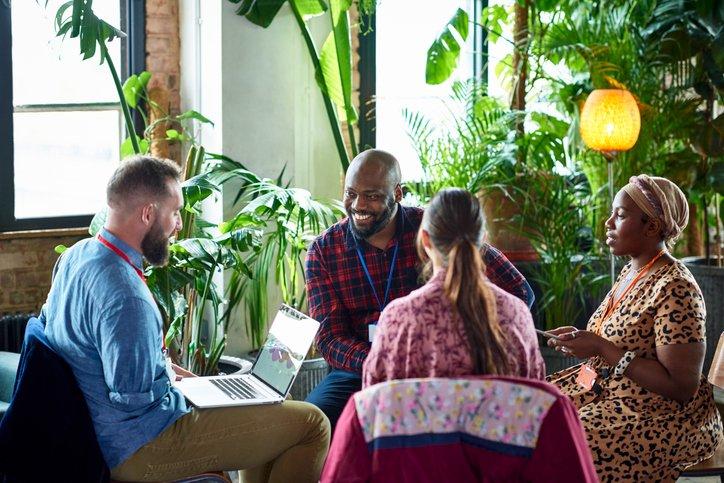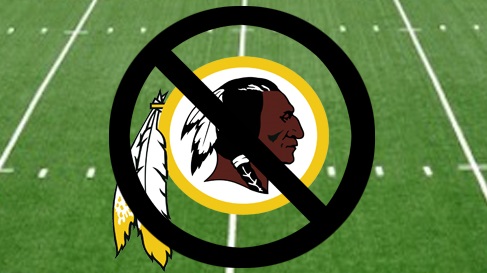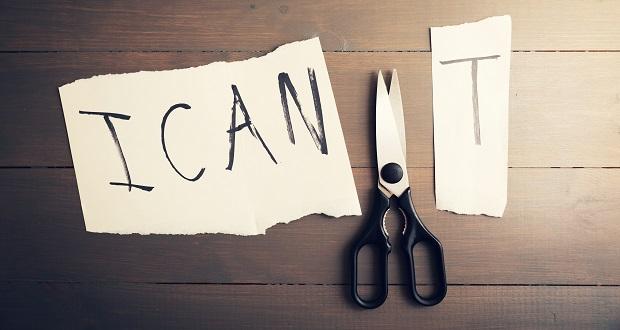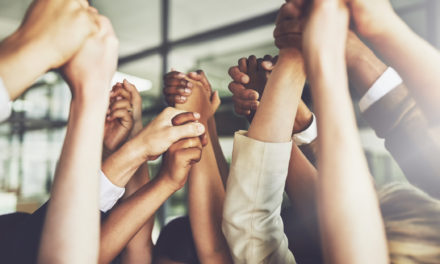
As advocates for equity, diversity, and inclusion (EDI), we are fighting battles on many fronts: EDI fatigue in organisations, concerted efforts to limit EDI work in some spheres, lack of resources — you name it!
Today I want to talk about an internal issue, relevant to us EDI practitioners, advocates, and experts: the lack of an “us” in EDI.
I follow individuals and groups who do great work on EDI on several social media platforms. What causes me concern is that many (though not all) groups seem to advocate largely for their own identity group and do not talk about the intersections with others. They are not active, vocal allies for other minoritized groups and communities that have faced systemic injustice.
I see three outcomes that arise from this trend:
- A scarcity mindset diminishes the collective power of all of us to make positive change. There is often manufactured competition between groups relating to resources and/or ideology. In short, we have fallen prey to forming silos and we compete against each other to our detriment.
- The worry about losing focus leads to radicalisation and purity politics. To avoid minimising or blurring the core mission for “our” group, we hone strategy and vision. This leads to losing sight of the complexity and nuance of human beings and situations we speak for. The definition of “who” is part of the group starts shrinking and becoming exclusionary.
- Undermining our principles and creating an artificial hierarchy of human rights. Claiming one thing and doing another is never a good look, and wins no respect or supporters. For any EDI group that wants people to consider its needs, it is not in an ethical position to overlook the needs of other EDI-related groups. Being non-racist is not the same as being actively antiracist; similarly, there is need for active intergroup and inter-issue allyship.
Through healthy and constructive (albeit robust!) dialogue, we can agree to differ, offer constructive criticism, collaborate with, and support each other in our journey for justice and inclusion. We can be stronger and better in our work by not putting ourselves and our mission in boxes. We can remain humane in our approach to others.
If we do not take stock and put our own house in order, we risk imitating the practices we set out to change and squandering the hard-won gains of courageous human rights activists the world over.


















